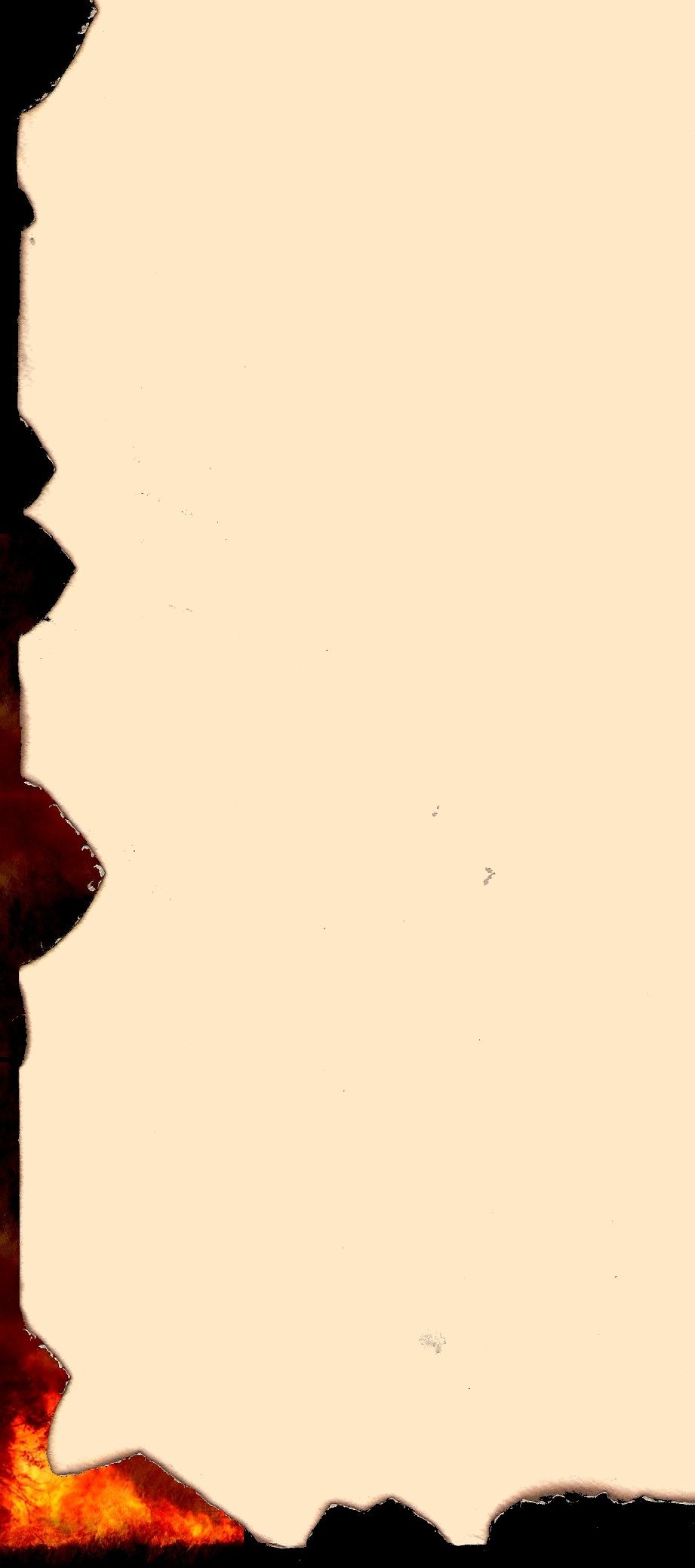![]()
Stefan Ravel, village tanner and ex soldier, is frankly a puzzle. His Christian name is unusual for Picardy, and I am inclined to suspect German ancestry of some kind in his past. His father was tanner at Verdâme before him, so it was possibly his mother who was the foreigner. If soldiering ran in the family, the most likely explanation is a rather sinister one. Soldiers in this period not infrequently abducted women from towns they conquered, seeing them merely as spoils of war, and when children resulted from the union an attempt was often made to grant them legitimacy by marriage. In his The Army of Flanders and the Spanish Road, for instance, Geoffrey Parker quotes from the will of a Spanish soldier wishing to acknowledge and bequeath his goods to his yet unborn child, issue of a woman called Maria whom ‘I have had in my power.’
A past like this would do much to explain what we today would call the ‘chip’ on Stefan’s shoulder. His grudge against nobility specifically is of course explained in the book, and had the Occupation of Picardy not intervened I have little doubt he would have been part of both the Croquants Rebellion of 1636-8 as well as the Nu-Pieds Revolt of 1639. In neither of these things could a modern-day historian possibly fault him. If the government had listened properly back then, there might have been no French Revolution because there would have been no need for it. Stefan is a Danton born a hundred years too soon.
But he is also a man and a fallible one, perhaps even capable of affection. Here, for instance, is an account taken from a letter from André to his grandmother of how Stefan handled the pigs the fugitives apparently kept at the Hermitage to save them from the looting of the soldiers between 1637 and 1639:
‘The harvest is safely in, and the greatest contribution the army is making at present is to act as a repository for as much food as we can store to keep it from falling into the hands of the soldiers. M. Legros has even given us some orphaned piglets to conceal, and we have erected a special pen for them in a nearby clearing. They are the most enchanting little animals, and it gives me enormous pleasure to watch them. Did you know, Grandmother, that a pig will actually look you in the eye as firmly as a man can do?
‘There is only one person for whom they have any respect, and that is Stefan. I am quite sure they believe him to be their mother, for he positively threw the food at them this morning and retreated as noisily as he could, but when he turned round suddenly, there they were, all six of them, trotting along behind him and gazing up with adoring piggy eyes. He told them to ‘cut that out’ and made great shooing gestures, at which they all backed away a few paces looking bewildered, but the second he resumed walking they all began trotting happily after him again. He grumbles terribly about it, but I suspect secretly he is becoming attached to them, especially the large boar-piglet I call Attila. This one seems less in awe of him than the others, and sometimes grunts aggressively and makes little runs at his ankles. Stefan looks down at it with his arms folded and tells it exactly what he’s going to do it next winter. He tells it about bacon and pork bellies, and ham and trotters, but Attila glares right back until he gives up and goes away. He is quite a pig, Attila. Stefan threw me in the pen to wrestle with him this morning, and he beat me without any difficulty at all.’
Jacques, who we must remember never liked Stefan, spoke of the following year’s events like this:
‘He was a ruthless bastard, Stefan, I remember what he was like that November when it came time to kill the pigs. We were keeping one sow which was farrowing, but the others had all got to be butchered to keep people going through the winter. When they’d been piglets we’d carried them out here live and wriggling under our cloaks, but now they were huge great things, we had to kill them here, and take them back to the Home Farm in little parcels.
‘M. Legros sent a couple of hands to help with the butchering, but it was going to take more than that to slaughter five pigs all penned up together. Marcel said Stefan didn’t need to take part because he’d done most to look after them and was sort of fond of them in a way, but Stefan wouldn’t have it, he said if he was prepared to eat them he ought to be prepared to kill them, and anything else was being a hypocrite. André felt he ought to help too, so they went off together with Pinhead and Roger and killed all the pigs between them, while Marcel and I sat in the Hermitage and listened to the squealing.
‘It was terrible, actually. I’d never been this close to it before, and you could hear the pigs were frightened, they were screaming and panicking. Then it all went very quiet, and after a while our men came back in. The boy was pale and looked sick, but Stefan had blood right up to his elbows. He dropped his knife on the straw at Marcel’s feet where it lay still steaming, said ‘All done,’ and turned away.
‘I don’t think he’d got any feelings at all.’
As with everything in Honour and the Sword, it is up to the reader to interpret the matter in his own way.
